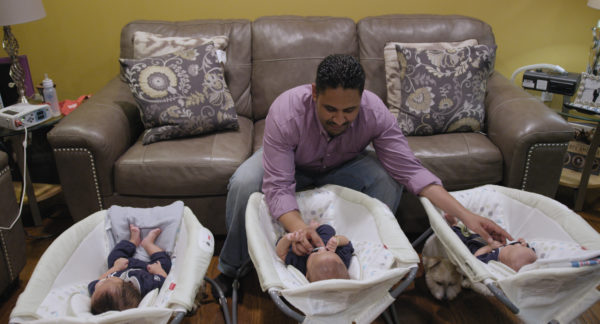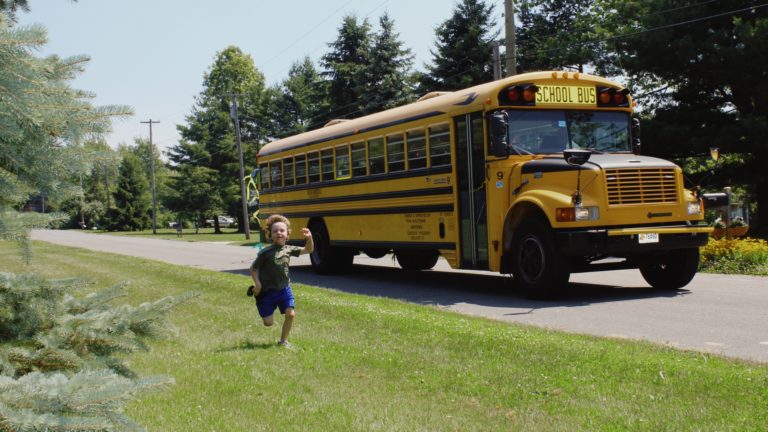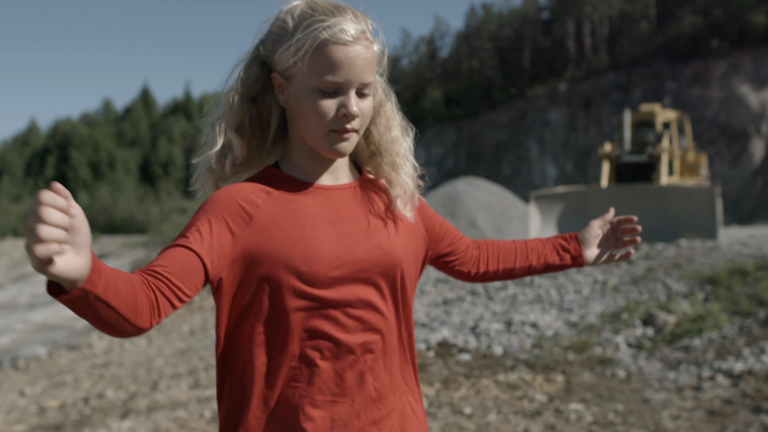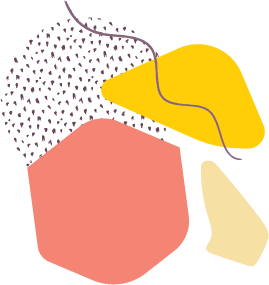FUTURE BABY examines the complex field of reproductive medicine and technology from a variety of perspectives. Maria Arlamovsky travels the globe to visit doctors, scientists, and technicians in hospitals and sterile laboratories. She accompanies couples longing for a child as well as egg donors and surrogate mothers on their journeys through medical appointments and procedures. In this documentary, both supporters and skeptics have a chance to speak, along with the first generation of artificially conceived children. From this complex mosaic, a vision emerges that reflects the ambivalence surrounding these revolutionary technologies and procedures whose consequences we still don’t know and whose ethical and legal boundaries are the subject of heated debate: How much can and should we humans interfere with nature? Without explicitly answering this question, FUTURE BABY paints a worrisome scenario: examinations, tests, procedures, corrections. What originally began as an attempt to help infertile couples have a child, but also to select embryos based on certain genetic predispositions has today become a lucrative business. As such, it not only caters to our desires around “risk prevention” but also, in some ways, commodifies the child, the “product of our love.” Factory-made designer babies: Biological clocks are turned back, human “incubators” acquired, bodies selectively “improved,” and undesirable features culled. Fantasies of control, touching on various discourses, are redefining what it means to be a woman or a parent. But above all, we are faced with the fundamental question of how we conceptualize viability and health: What right to exist does an individual have who does not meet our societal standards for beauty and health? What does it mean for our future when biological boundaries disintegrate and the origins of life—the “miracle of nature”—begin to fall under the purview of technology? FUTURE BABY presents us with a visually stunning snapshot of the future, which has already arrived, a snapshot that is as disturbing as it is informative.
Summary info for schedule – will be hidden on film page

Future Baby
91-minutes
Screening day / time
Future Baby
Future Baby
Filmmaker Notes:
Children are an important part of my life, a part that despite the effort I would not want to miss. I understand why people want to have and raise children and want to live as a family, be it in a straight or gay relationship or as a single parent. Adopting a child who comes with a lot of unknowns or taking in a foster child, having to deal with officials and justifying why you want to have a child, proving that you have sufficient resources, etc., appears difficult to many and is not yet an option for all. Injecting hormones to produce more eggs, ejaculating into a jar, and hoping that the considerable financial effort will pay off seems, in a way, more predictable. It is estimated that since 1978, 5 million children have been born who were not conceived through parental sex but through science, pharmaceuticals, and medical technology—children who (most of the time) are happy to be alive and don’t want to be viewed as test-tube babies or guinea pigs. They are planned children of parents who very much wanted “their” child. But in 2013, for example, the actual live birth rate for IVF in Austria was only 26 percent. Today there are statistics that say one shouldn’t give up before the sixth IVF attempt. That makes for lucrative business. Similar to cosmetic surgery, reproductive medicine capitalizes on the desire to get what we don’t have—something we don’t absolutely need but desperately hope to attain. The hopes and wishes of prospective parents, the promises of clinics, hospitals, and physicians, and the visions of scientists working in the field, as well as how these different aspects interact, have fascinated me throughout my work on FUTURE BABY. Everyone seems to be trudging along on their own track while losing sight of the bigger picture, too close to see the trajectory of a development that does lead to children but has other social, psychological, and ethical consequences as well that are often overlooked. FUTURE BABY does not provide any answers, but it does try to bring together images that are usually kept apart. Young egg donors who offer their eggs willingly and gladly because of monetary compensation, surrogate mothers who hope to provide a better future for their own children by carrying a genetically unrelated embryo for someone else, and people who were themselves conceived with the genetic material of someone they don’t know meet those who would prefer not to think about all of this on their quest for a child of their own. With FUTURE BABY, I wanted to explore where the rapidly developing fields of reproductive medicine, genetics, and birth control are taking us, and I believe we have come to a point where it is imperative that we ask ourselves, “how far do we want to go?”
Film details
Year(s) screened
- 2016



